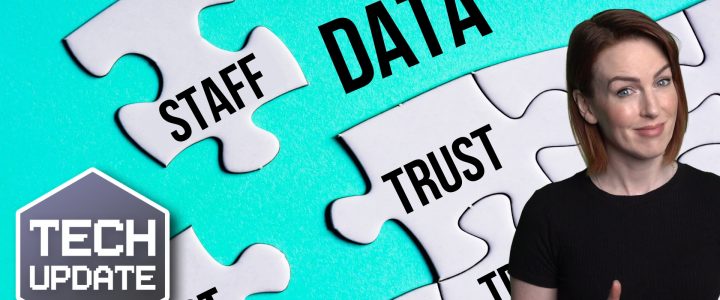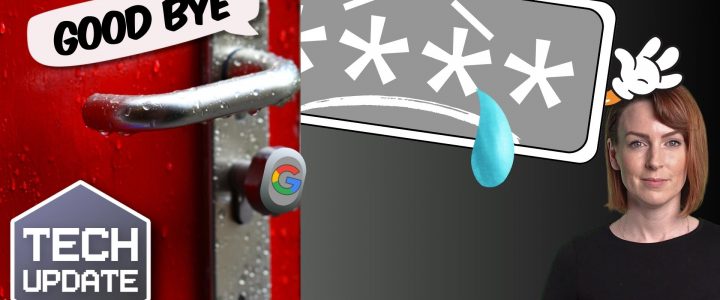Ever had one of those days where you feel like your inbox is staging a coup against your productivity?
You’re not alone.
In fact, a recent study revealed that 80% of our communications are still happening via email.
Yes, despite all the apps, chat services, and digital tools we have at our disposal, we’re still stuck in our old ways, sifting through an avalanche of emails. It’s a little like using a carrier pigeon in the age of the telephone.
The study also found that employees are wasting precious hours navigating through a maze of apps. Imagine this: Your employee is about to send an important report but gets lost between Slack, Teams, Google Docs, and a dozen other tools. It’s like playing a never-ending game of digital hide-and-seek. And spoiler alert: It’s not fun.
What about video conferencing? That’s got to be better, right? Well, not quite. Sure, it gives us the illusion of being productive, but the truth is, most employees find only three in five meetings genuinely valuable. The rest? Unproductive.
And let’s not forget about the constant need to repeat or clarify ourselves. We’re talking about 74% of workers having to repeat themselves some of the time, with almost a quarter saying this happens often. It’s enough to make you want to scream into the void, isn’t it?
So, what’s the solution?
Well, it’s time to take a step back and rethink your digital strategy.
Instead of piling on more apps and tools, why not work with a technology strategist who can help you create a plan that makes sense for your business? Think of us as the Marie Kondo of the digital world, helping you declutter your digital workspace and sparking joy (and productivity) in your team.
If you’re ready to get away from the endless loop of emails and app notifications and boost your productivity again, let us help.











